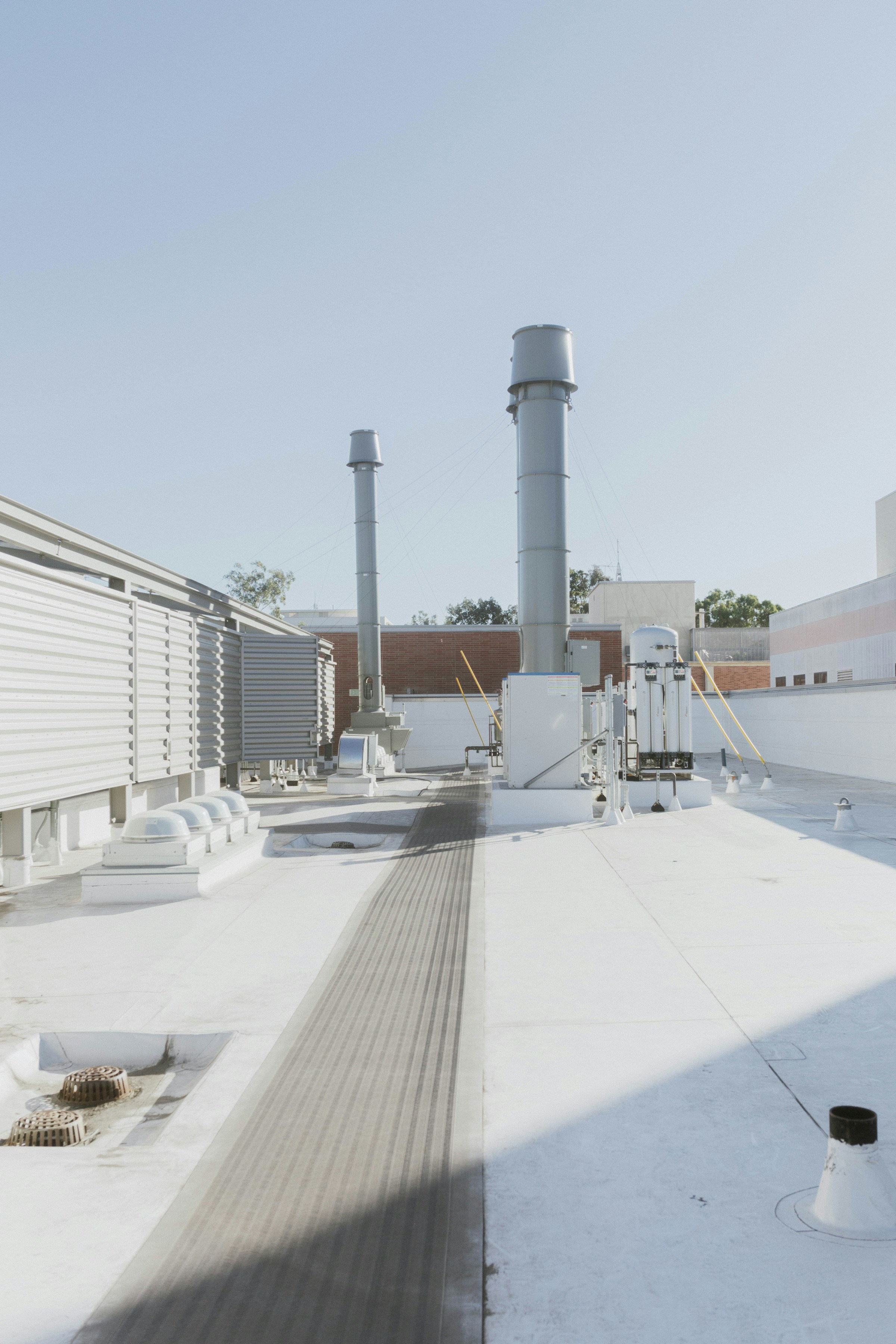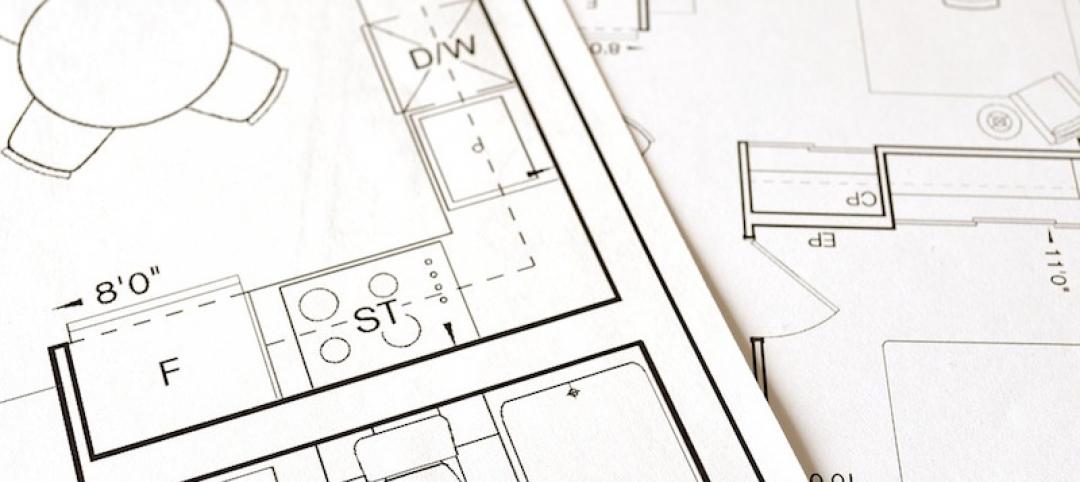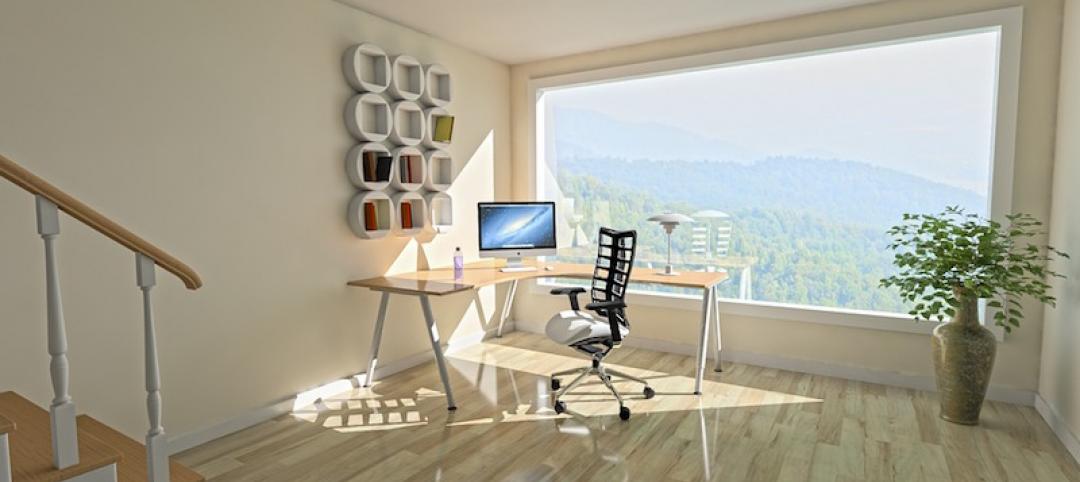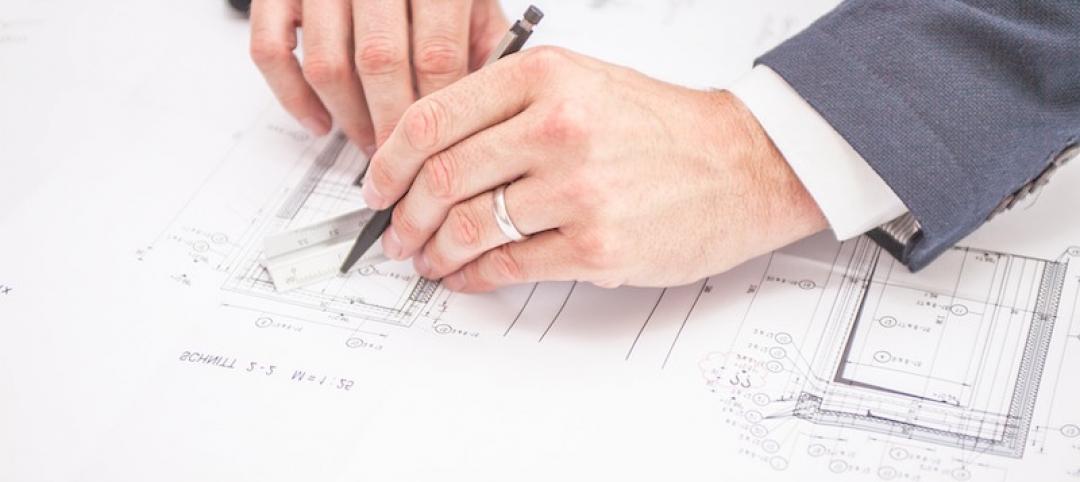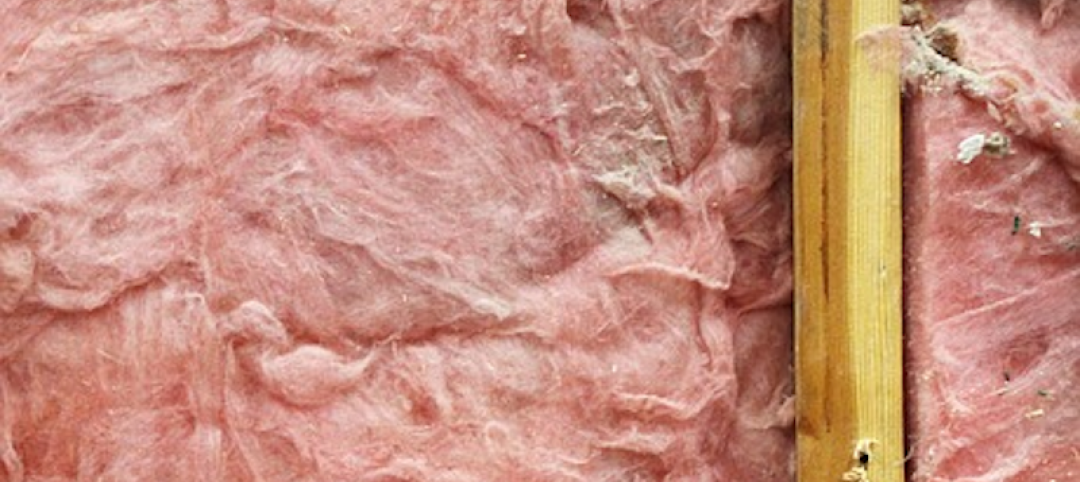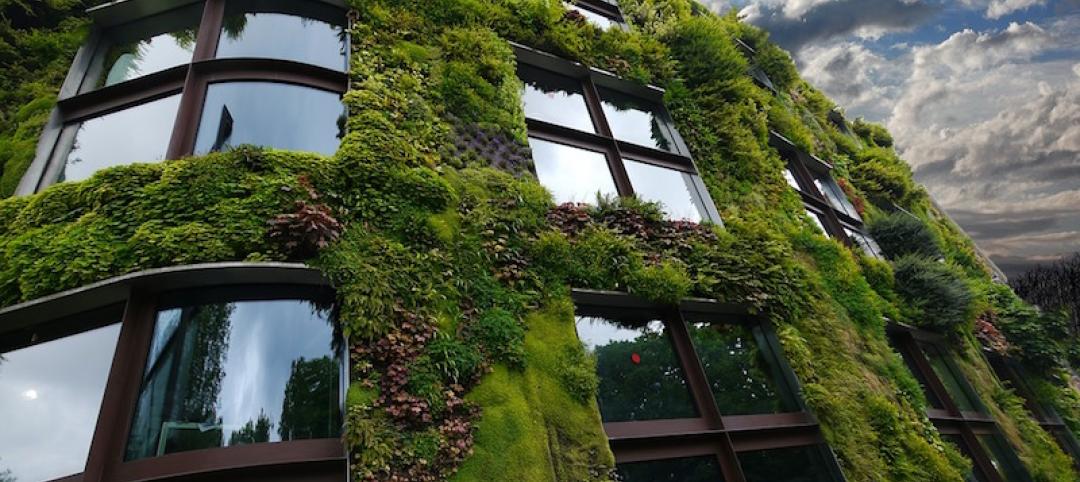A new technical brief from SPRI, the trade association representing the manufacturers of single-ply roofing systems and related component materials, addresses construction-generated moisture and its impact on commercial roofing systems.
Construction-generated moisture comes from activities including pouring concrete, burning propane heaters, painting, plastering, and drywall finishing. These activities can contribute to excessive levels of relative humidity inside the structure when proper remediation measures are not taken. Accumulation of condensation within the roofing assembly and within the structure can result when the temperature is at or below the dew point.
To control moisture, designers must identify the sources of moisture and develop a remediation plan during the design process. To reduce the probability of condensation, buildings under construction must be adequately ventilated, particularly during concrete hydration and other high moisture-related construction activities.
SPRI recommendations include avoiding the use of wet materials or materials with excessive moisture, installing vapor retarders in the roof assembly, avoiding penetrating vapor barriers, installing at least two layers of insulation, and always sealing deck-to-wall joints and gaps around roof penetrations.
Related Stories
Codes and Standards | Nov 15, 2017
NBI stretch code a tool for accelerating efficiency standards
It provides a strategy to leapfrog minimum code requirements.
Codes and Standards | Nov 14, 2017
California bill would require purchase of low-carbon construction products
Contractors would have to source products based on greenhouse gas impact, not price, on state projects.
Codes and Standards | Nov 13, 2017
New AIA contract document for facility support services released
Updated form intended to be used with owner-architect agreements.
Codes and Standards | Nov 9, 2017
NIBS, NBI issue guidance document to help communities achieve energy goals
Outcome-based codes compliance path looks at building’s actual performance.
Codes and Standards | Nov 7, 2017
Underwriters Laboratories launches wellness certification
First certification program that verifies products’ compliance with the WELL Building Standard.
Codes and Standards | Nov 6, 2017
Registration now open for Canada’s first Zero Carbon Building (ZCB) program
Standard is designed to be applicable across many types of new and existing buildings.
Codes and Standards | Nov 6, 2017
AIA releases new architect commissioning document
It will be used with the standard form for owner/consultant contracts.
Codes and Standards | Nov 2, 2017
ASHRAE releases new version of Thermal Comfort Standard
Update includes calculations from direct solar radiation.
Codes and Standards | Nov 1, 2017
Drone users can now get instant authorization from FAA
Skyward offers app to receive permission for low altitude flights.
Codes and Standards | Oct 31, 2017
Real estate giant launches global tenant health and wellness certification initiative
Tishman Speyer will use Fitwel health certification system to guide building improvements.


